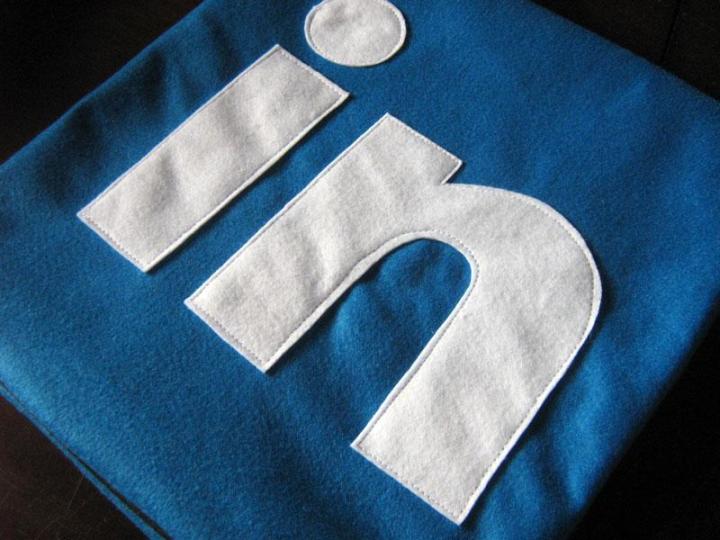
According to Re/code, LinkedIn is restricting the different ways that developers can use the company’s data and sharing abilities, reportedly part of an effort to make the user experience on the app better for its members. The move took effect on Tuesday, even though it was announced a few months ago. The most important aspect of the change is an update to LinkedIn’s Connections API — that’s the tool that lets its members locate and then connect with fellow LinkedIn users on other apps.
Access to this feature had been available to everybody, but after the change, third-party developers must now submit an application and request access. To prevent abuse of the platform, LinkedIn will become more picky and choosy regarding to whom it awards access.
This chnage comes on the back of past incidents in which developers were misusing the Connections API by getting their hands on LinkedIn members’ contact lists and then spamming other people with news about their apps. Thanks to this change, unwanted spamming of this nature shouldn’t be as big an issue anymore.
Of course, there’s also something in it for LinkedIn from a corporate standpoint. By limiting developer access to the Connections API, the company is able to guard its huge network of user information and connections from falling into a competitor’s hands.
Still, there’s hope for developers who want access to LinkedIn’s tool beyond simply promising not to abuse contact lists with spam. LinkedIn is looking for a tit-for-tat arrangement with developers, as seen with what happened to Weave, a Tinder-like app for connecting people in the same geographic location.
The app was granted access to LinkedIn’s API, but only on the condition that its CEO, Brian Ma, would be open to the idea of partnering with LinkedIn in the future. Weave has been gathering important details about LinkedIn users — like which professionals connect with certain types of professionals more — which is of interest to the social-networking site.
LinkedIn clamping down on developers may be a nuisance for them, but it’s good for site users. In the future, they can expect less spam and interesting information about the networking tendencies of fellow users.
Editors' Recommendations
- X rival Threads could be about to get millions of more users
- Get ready: there could be more ads in Instagram’s future
- Snapchat Plus subscribers are getting these four new features today
- TikTok continues rolling out its Friends tab, replacing Discover
- With Instagram’s newest sticker, you no longer need to say “link in bio”


